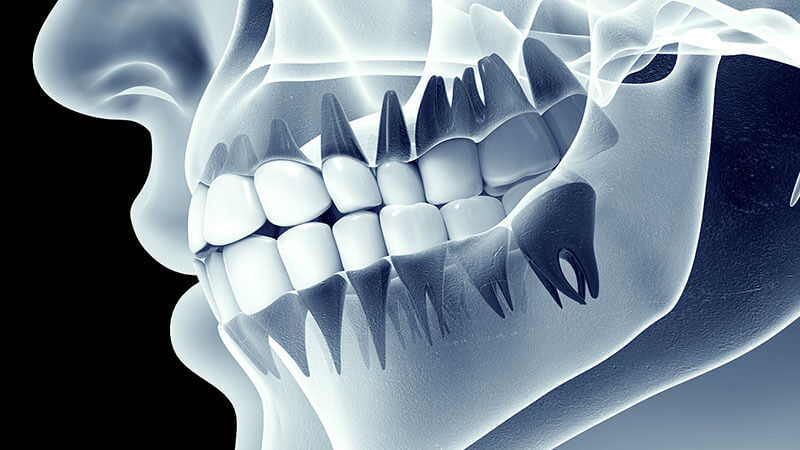April is Oral Cancer Awareness Month, a time to increase awareness about the importance of catching oral cancer early. According to the Oral Cancer Foundation, about 49,750 Americans will be diagnosed with oral oropharyngeal cancer this year, and 9,750 will die of the disease. The mortality rate for this type of cancer is especially high because it’s usually discovered late in development. Here are a few steps you can take to detect the disease early and get the treatment you need.
Get an oral cancer screening
Regular screenings can be a matter of life and death. The first responder in this disease is your dental clinician, who usually performs a screen for cancer during your annual comprehensive exam. The problem is that only 64 percent of adults ages 18-64 had a dental visit in the past year, according to the Centers for Disease Control and Prevention, which means too many people are not getting the potentially lifesaving screening they need.
Adults typically skip visits to the dentist because of the expense, not having dental insurance, problems lining up childcare, or not being able to miss work. If you’ve skipped teeth cleanings because you don’t have the time or money, talk to your dentist about ways to make screenings more accessible.
Recognize the symptoms
You can also take a more active role in recognizing the early signs of oral cancer. Contact your dentist or physician immediately if you notice any of the following symptoms:
- A sore or lesion in the mouth that doesn’t heal
- Pain in the mouth that doesn’t go away
- Difficulty chewing or swallowing
- Difficulty moving the jaw or tongue
- Constant bad breath
- A lump in the cheek tissue
- A white or red patch on the gums, tongue, tonsil, or lining of the mouth
- Numbness of the tongue, jaw, or other area of the mouth or face
- Swelling of the jaw that causes dentures to fit poorly
- Chronic hoarseness
- Voice changes
- A lump or mass in the neck
- Weight loss
These symptoms can also be caused by things other than oral cancer. It’s important to see your dentist or physician if any of these conditions last more than two weeks so that the cause can be diagnosed and treated. If you don’t have any symptoms, regular dental visits are still important for early cancer detection and oral health.
You can help increase awareness of oral cancer by wearing a burgundy and ivory ribbon this month. And you can protect yourself and your family from this disease by visiting your dentist regularly and familiarizing yourself with the common signs and symptoms of oral cancer.
 (800) 560-6066
(800) 560-6066